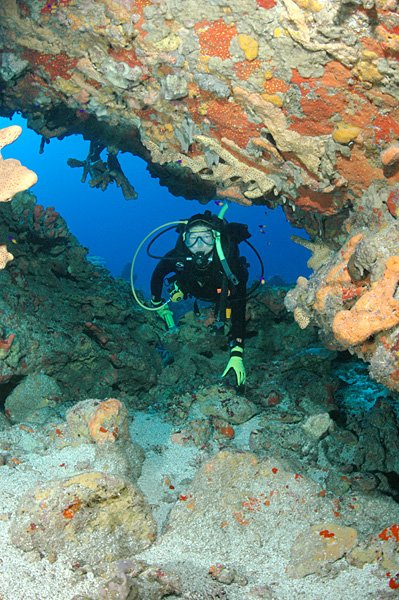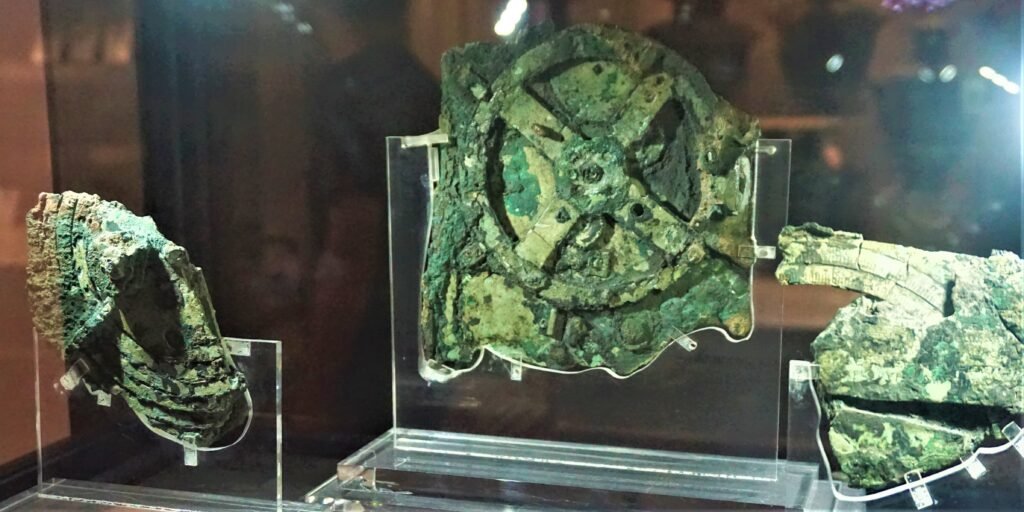Imagine trekking through the emerald rainforests of Peninsular Malaysia, where the air is thick with the scent of earth and blooming flowers, and sunlight slices through a tapestry of ancient trees. Here, nature’s pharmacy thrives in dramatic fashion—giant Tualang trees tower overhead, their branches alive with wild honeybees, while the elusive Tongkat Ali plant hides its prized roots in the shade below. These are not just plants; they are living legends, woven into the culture, science, and folklore of the land. The wild gardens of Malaysia are more than a collection of flora—they are keepers of stories, healing traditions, and a testament to the deep relationship between humans and the natural world.
The Towering Majesty of the Tualang Tree
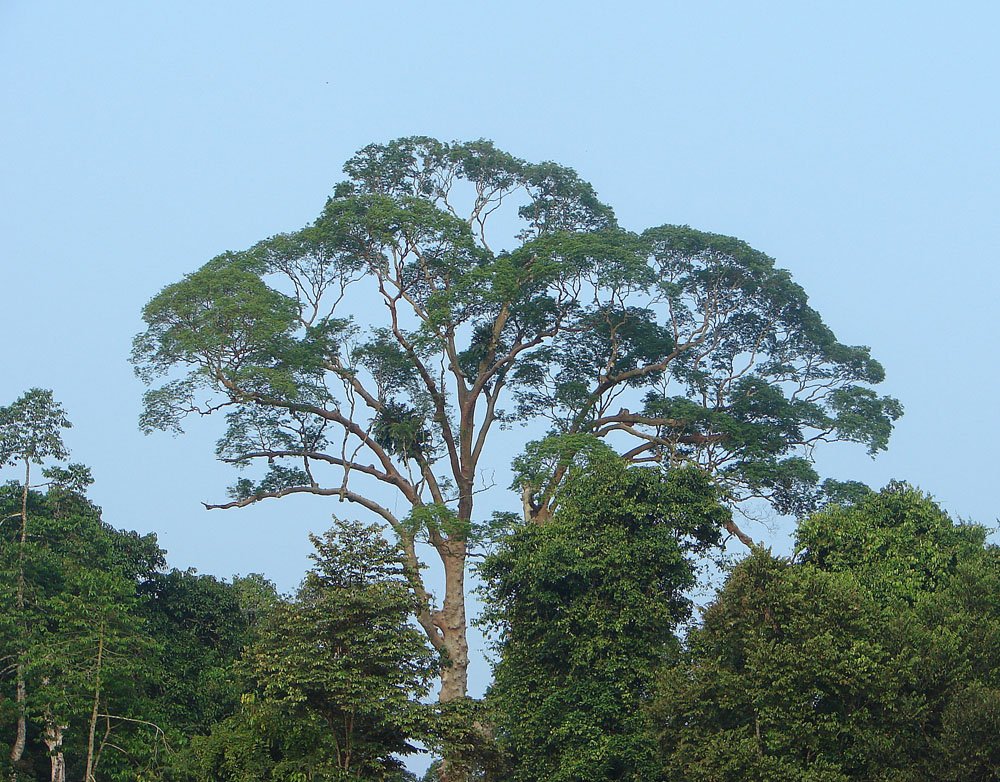
The Tualang tree, known scientifically as Koompassia excelsa, is one of the giants of Southeast Asia’s forests. Reaching heights of up to 80 meters, these trees create an awe-inspiring canopy, often visible from miles away. Their smooth, silvery trunks and wide, flaring buttresses make them a favorite nesting ground for wild Apis dorsata honeybees. The Tualang’s presence in the forest is not just botanical—it is spiritual and practical. Local communities have long revered these trees, believing them to be sacred and home to forest spirits. The importance of Tualang goes beyond their size; they are central to the traditional honey harvests that have sustained villagers for generations.
Tualang Honey: Nature’s Golden Elixir
Perched high in the Tualang branches, wild bees construct massive honeycombs, sometimes several meters across. Harvesting Tualang honey is a daring tradition, where skilled climbers brave dizzying heights and angry swarms. The honey itself is celebrated for its unique flavor—floral, earthy, and slightly bitter—and its remarkable medicinal properties. Scientific studies have shown that Tualang honey is rich in antioxidants, antimicrobial compounds, and anti-inflammatory agents. Local healers use it to treat wounds, infections, and even as a tonic for vitality. The journey from tree to table is a story of courage, respect for nature, and the deep knowledge passed down from one generation to the next.
The Mysterious Power of Tongkat Ali
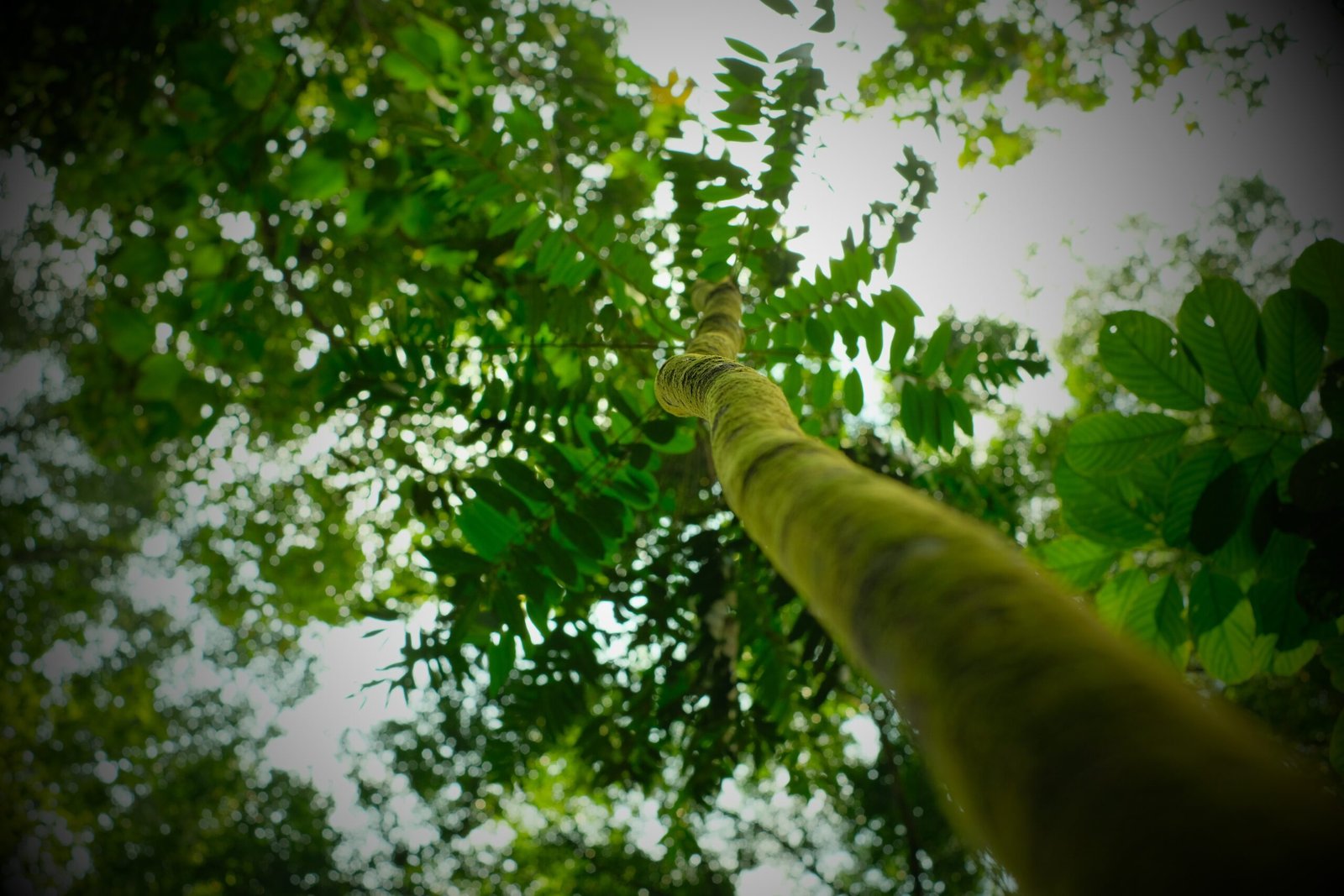
Deep in the forest undergrowth, the slender Tongkat Ali plant (Eurycoma longifolia) stands quietly, but its roots hold legendary status. Sometimes called “Malaysian ginseng,” Tongkat Ali has been used for centuries as a traditional remedy for fatigue, fever, and male health. Its roots are believed to boost energy, libido, and athletic performance—claims that have recently attracted global scientific attention. Researchers have isolated compounds in Tongkat Ali, such as quassinoids and eurycomanone, which may influence testosterone levels and stress hormones. This makes Tongkat Ali not just a folk remedy, but a fascinating subject for modern pharmacological research.
Harvesting Tongkat Ali: Tradition Meets Science
Harvesting Tongkat Ali is a delicate art, requiring both patience and respect for the environment. Skilled gatherers search the forest floor for mature plants, often leaving younger roots untouched to ensure sustainability. Once unearthed, the roots are cleaned, sliced, and traditionally boiled into bitter infusions or dried for later use. Today, Tongkat Ali is also processed into capsules and extracts for global markets. However, the wild harvesting practices are still vital for maintaining the plant’s potency, as cultivated Tongkat Ali often lacks the robust chemistry found in its wild counterparts. This connection to wild harvesting is a living testament to the balance between tradition and scientific progress.
Wild Gardens: Nature’s Pharmacy
The rainforests of Peninsular Malaysia are more than just green expanses—they are wild gardens, home to a dazzling variety of medicinal plants. For centuries, indigenous Orang Asli communities have relied on the forest to provide remedies for every conceivable ailment. Their knowledge is encyclopedic and deeply tied to the rhythms of nature. Plants like mengkudu (Morinda citrifolia) and kacip fatimah (Labisia pumila) are gathered alongside Tualang and Tongkat Ali, each with their own unique healing stories. These wild gardens are a living library, where every leaf, root, and flower is a page in the book of traditional medicine.
Guardians of Knowledge: The Orang Asli
The Orang Asli, the original people of Malaysia, are the unsung guardians of the nation’s herbal wisdom. Their relationship with the forest is intimate, holistic, and built on respect. They know when to harvest, how to prepare, and which plants to combine for maximum effect. This knowledge is often passed down through oral tradition, songs, and rituals. In a world where modern medicine often overlooks indigenous practices, the Orang Asli remain the bridge between ancient tradition and contemporary science. Their stewardship ensures that wild garden traditions are not lost but continue to thrive.
Scientific Rediscovery of Traditional Remedies
In recent decades, scientists have turned to the rainforests of Peninsular Malaysia in search of new medicines. The potent compounds found in Tualang honey and Tongkat Ali have inspired research into treatments for diabetes, infections, and even cancer. Laboratories around the world are racing to unlock the secrets of these wild remedies, confirming what local communities have known for generations. This rediscovery is not just about chemistry; it is about honoring cultural heritage and recognizing the value of traditional ecological knowledge.
Conservation Challenges and Hope for the Future
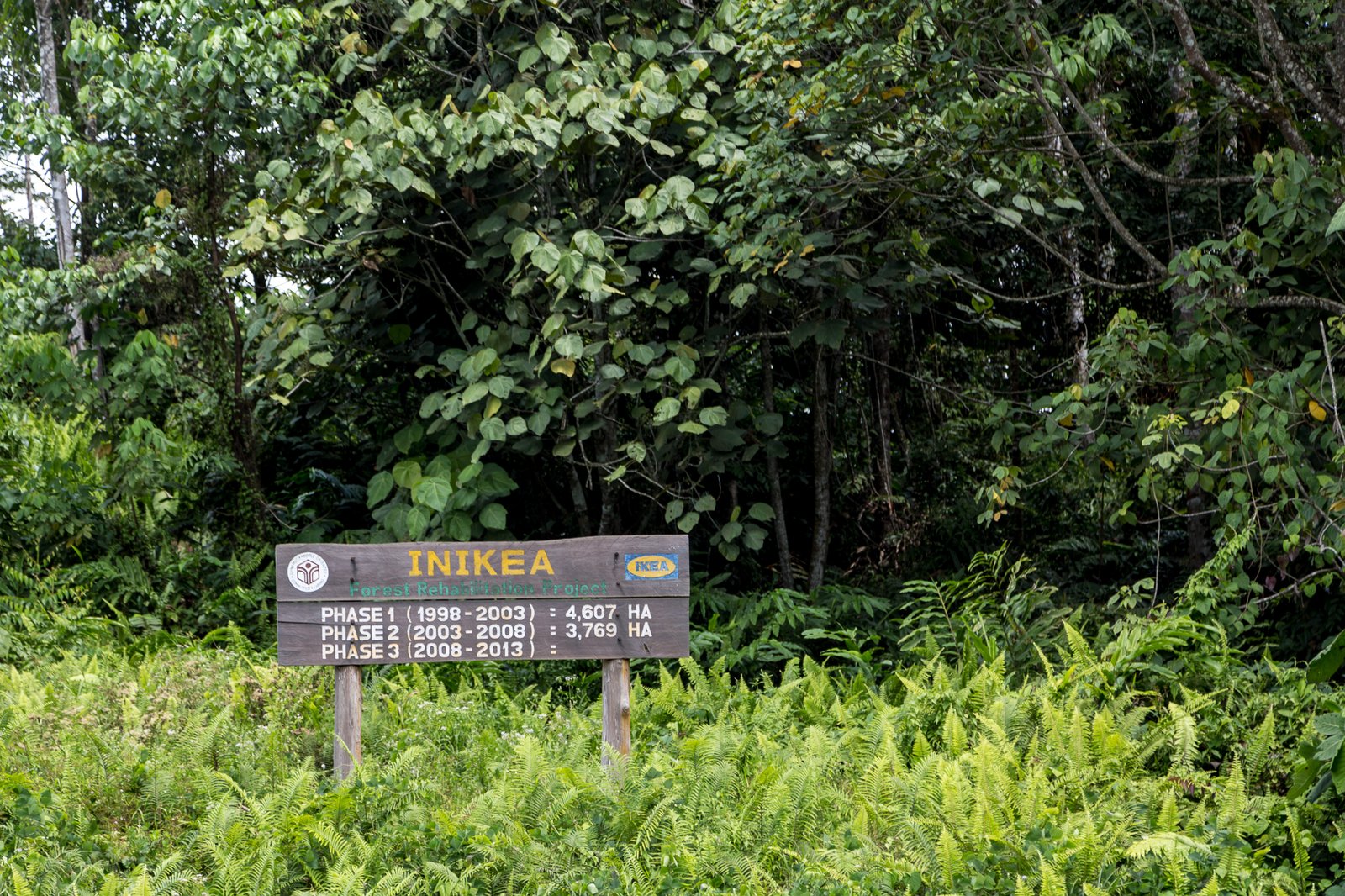
Despite their cultural and medicinal importance, the wild gardens of Malaysia face growing threats. Deforestation, illegal logging, and habitat loss endanger Tualang trees and the plants that grow beneath them. Overharvesting of Tongkat Ali, driven by global demand, threatens to deplete wild populations. Conservationists and local communities are working together to protect these vital resources, promoting sustainable harvesting, reforestation, and education. The hope is that with care and respect, the wild traditions of Malaysia can endure for future generations.
Modern Uses and Global Recognition
Today, Tualang honey and Tongkat Ali are no longer secrets hidden in the jungle. They have found their way into international markets, health food stores, and scientific journals. Athletes use Tongkat Ali supplements for performance, while chefs experiment with Tualang honey in gourmet recipes. Yet, despite their newfound fame, these products carry with them the story of the wild gardens and the people who nurture them. Every jar of honey or capsule of Tongkat Ali is a reminder of Malaysia’s rich natural legacy.
Lessons from the Wild Gardens
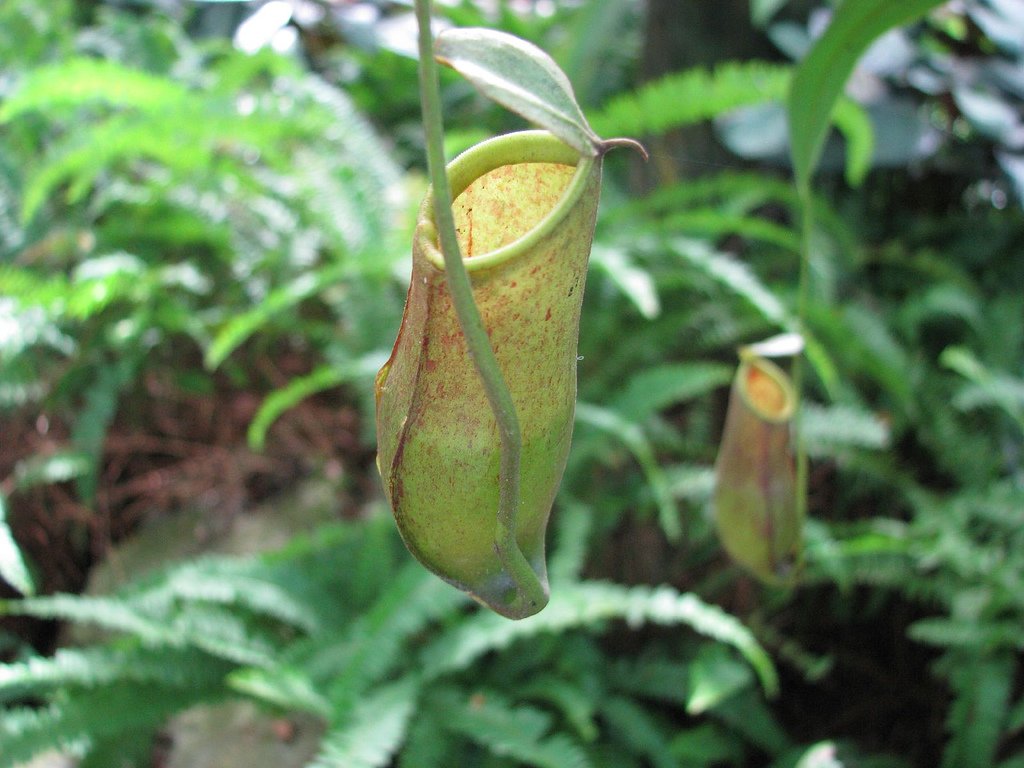
The wild garden traditions of Peninsular Malaysia offer more than just remedies—they offer a way of seeing the world. They teach us about the value of biodiversity, the importance of balance, and the wisdom of living in harmony with nature. In a rapidly changing world, these lessons are more urgent than ever. Whether you are a scientist, a nature lover, or simply curious, the stories of Tualang, Tongkat Ali, and the wild gardens invite you to look deeper, listen carefully, and cherish the wonders that the natural world has to offer.


